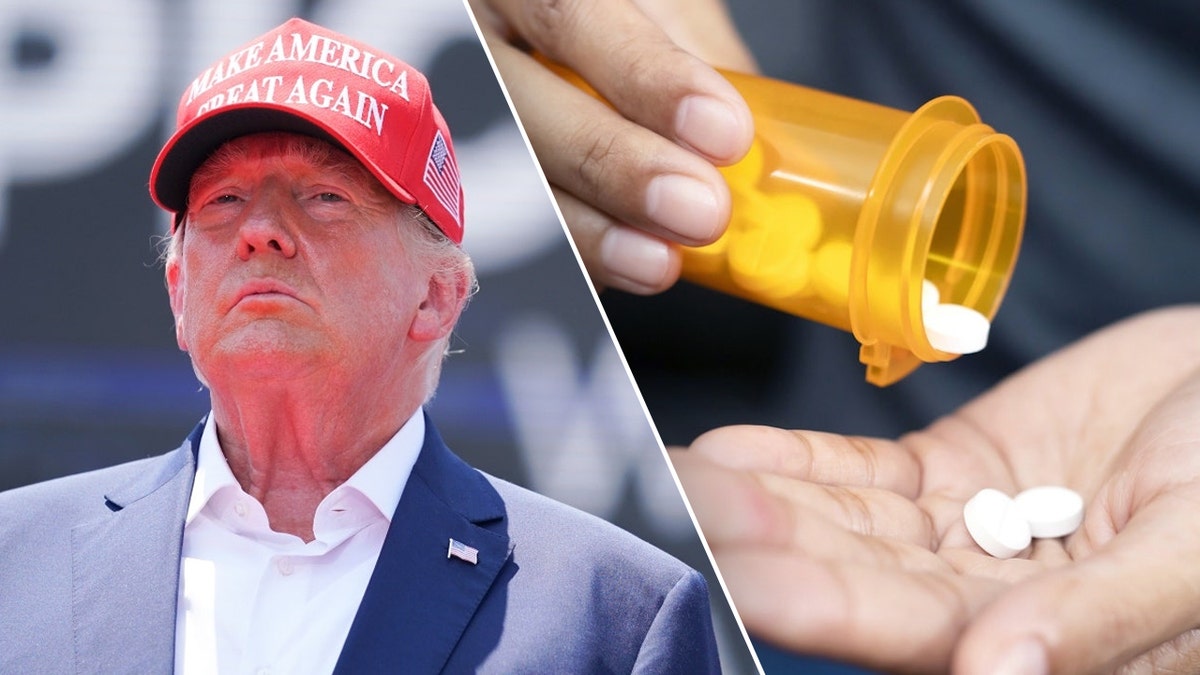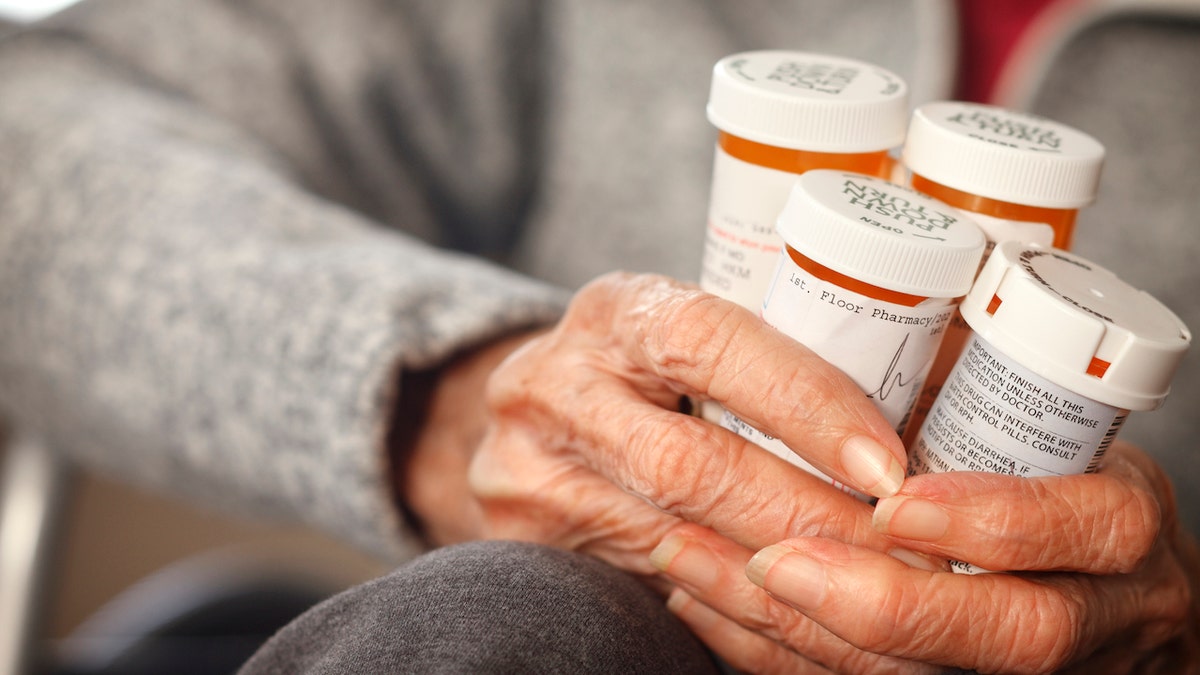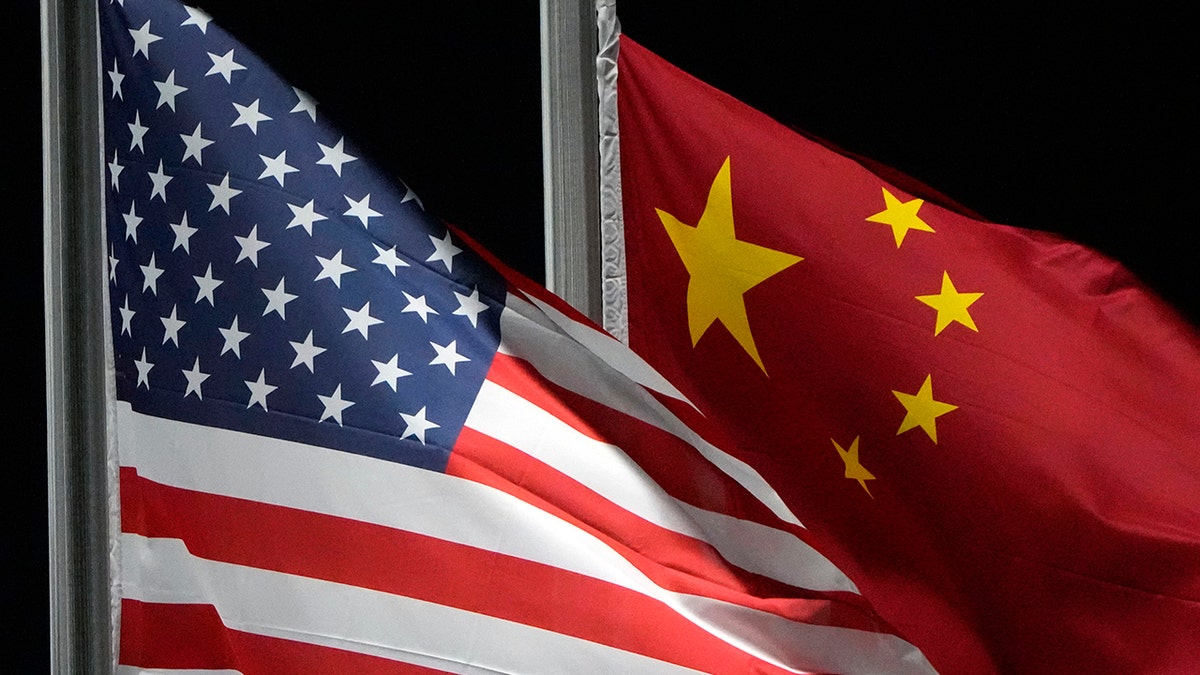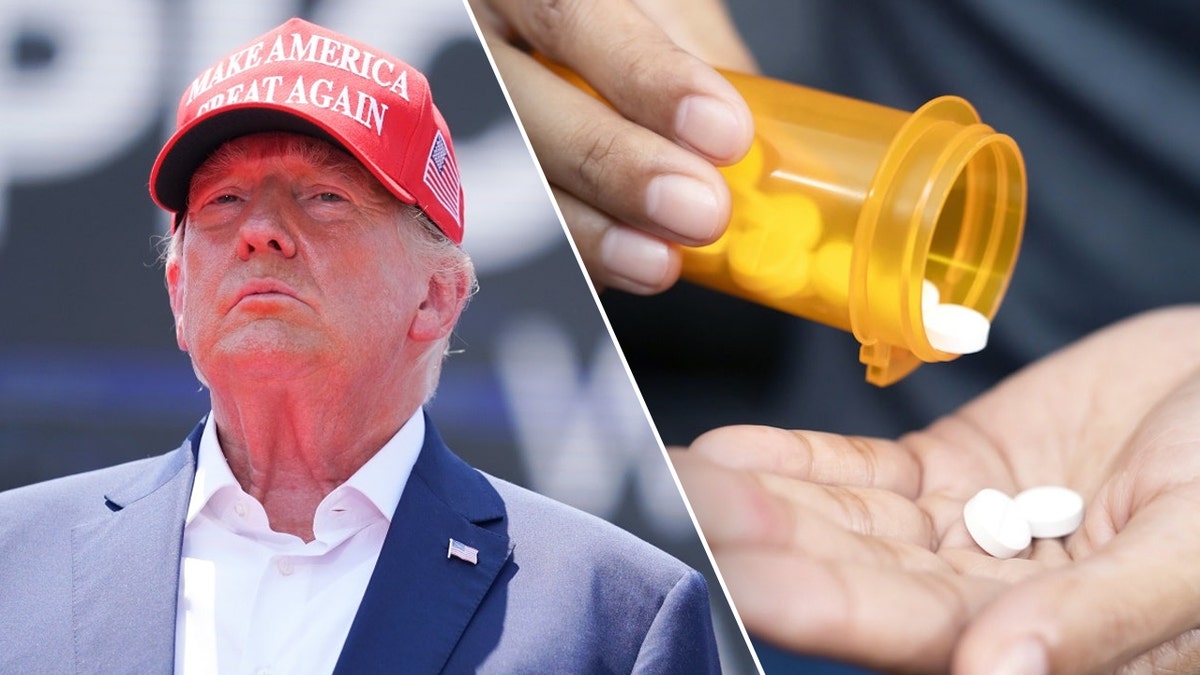President Donald Trump’s tariffs on China have raised significant concern over their potential impact on healthcare costs, but while the move could have a broad effect on the industry, it is likely they will not produce the devastating results that some may be expecting, health policy and trade experts say.
A survey by market research group Black Book Research found that 84% of the healthcare consumers they questioned said they expect to see higher costs due to increased pricing on medical treatments and drugs as a result of Trump’s new tariffs. But health policy expert Chris Pope posited that healthcare is “not a very highly tradable sector” and that the sectors that do rely on trade relations, like pharmaceutical drugs or medical devices, will hinge on the magnitude of any Trump tariffs.
“There’s not much international trade for most of healthcare. The biggest parts of healthcare – physician services, these are all provided domestically already, and hospitals are a domestic part of healthcare, so you take out those two things, and you’ve kind of ruled out almost three-quarters of all healthcare spending,” Pope said in an interview with Fox News Digital. “So, for the most part, we’re talking about drugs and devices, which are, at most, about a quarter of healthcare spending.”
DEMS CLAIM TRUMP TARIFF COULD ‘DRIVE UP’ COSTS DESPITE DEFLECTING BLAME FROM BIDEN’S INFLATION
“In terms of prices for the industry, whether it’s absorbed in their margins, or they do less research and development, or they pass it on to consumers … it’s not completely devastating, but it’s definitely annoying,” said Christine McDaniel, a senior economist at George Mason University’s Mercatus Institute.

Picture of President Donald Trump alongside an image of someone dispensing pills from a pill bottle. Experts say Trump’s tariffs could have a broad impact on the industry, and it is hard to predict, but added that it is likely they will not have the devastating impacts that some may think. (Fox News)
Experts told Fox News that drug prices are among the most vulnerable aspects of the healthcare system, largely due to the U.S.’ reliance on China for certain precursor chemicals and compounds that are essential for producing important medications. However, Pope said that the impact will likely only affect generic drugs and not branded drugs that are based on demand rather than supply. Generic drugs are already relatively cost-efficient, with many of them ranging under $10, he said.
Monica de Bolle is an immunologist and a senior fellow at the Peterson Institute for International Economics, a Washington, D.C.-based think tank. She painted a bleaker picture of how many drugs could be impacted by the tariffs.
‘MAKING AMERICA EXPENSIVE AGAIN’: DEMOCRATS FIND A TAX THEY DON’T LIKE IN TRUMP TARIFFS
“If you go through a list of the kinds of things that we import from China when it comes to active drug ingredients, or anything else that goes into the making of over-the-counter drugs, everything is in there. If you look at the list, it basically spans the range of potential medications that anyone takes at any point in their lives,” said de Bolle. “It includes things like over-the-counter NSAIDS, so non-steroidal, anti-inflammatory drugs, things like Motrin, ibuprofen, even Tylenol, because Acetaminophen is on that list.”
She added that drugs that are more dependent on China include medications for anxiety and other psychiatric disorders, such as antidepressants, and following Trump’s tariffs, “those prices are going to go up, for sure,” she said.

Rising drug costs have become a concern for many following President Donald Trump’s tariffs on China, which the United States relies on for many less-advanced drugs. (iStock)
Experts say costs in healthcare could also rise due to disruptions in the supply chain for medical devices, but they noted that the impact will be a lot harder to generalize, compared to the impact on drug pricing.
“Maybe before [the supply chain] was broken up into five stages. Well, now maybe they’ve broken it up into six or seven stages. So there are certain things that they have to stay in China for, or they have to source from China, but then they do the next step in India or another nearby country . . . which is going to be more expensive,” McDaniel said.
However, Pope argued that prices could change, depending on the device and the magnitude of Trump’s tariffs.
“It’s going to vary a lot, according to where the devices are manufactured, where the components are manufactured, what kind of subsidies are available from other countries and domestically, and the degree of retaliation,” he said.

There is a debate about whether the U.S. should wean off its dependence on Chinese-manufactured drugs, like antibiotics. (AP Photo/Kiichiro Sato)
While Trump’s tariffs might be new, the experts say that getting out of China is not. Reducing the U.S.’ dependency on Chinese products tied to healthcare, particularly drugs like antibiotics, has been talked about among lawmakers for some time due to the potential national security risks. Parallel to these discussions, companies have been preparing for future tariffs in light of increased geopolitical tensions.
“There has been a lot of discussion coming from both the Democratic camp, as well as the Republican one, about the necessity to bring some of the production of certain types of drugs back to the U.S. to reduce dependency on China,” said de Bolle. “This whole deal about drugs and medical equipment and all of that that was under discussion before Trump. So, it’s not even Trump-related.”
CLICK HERE TO GET THE FOX NEWS APP
“In essence, you know what’s happening now with the tariffs that Trump imposed isn’t any different from the sorts of things that these people were thinking of doing anyway.”

